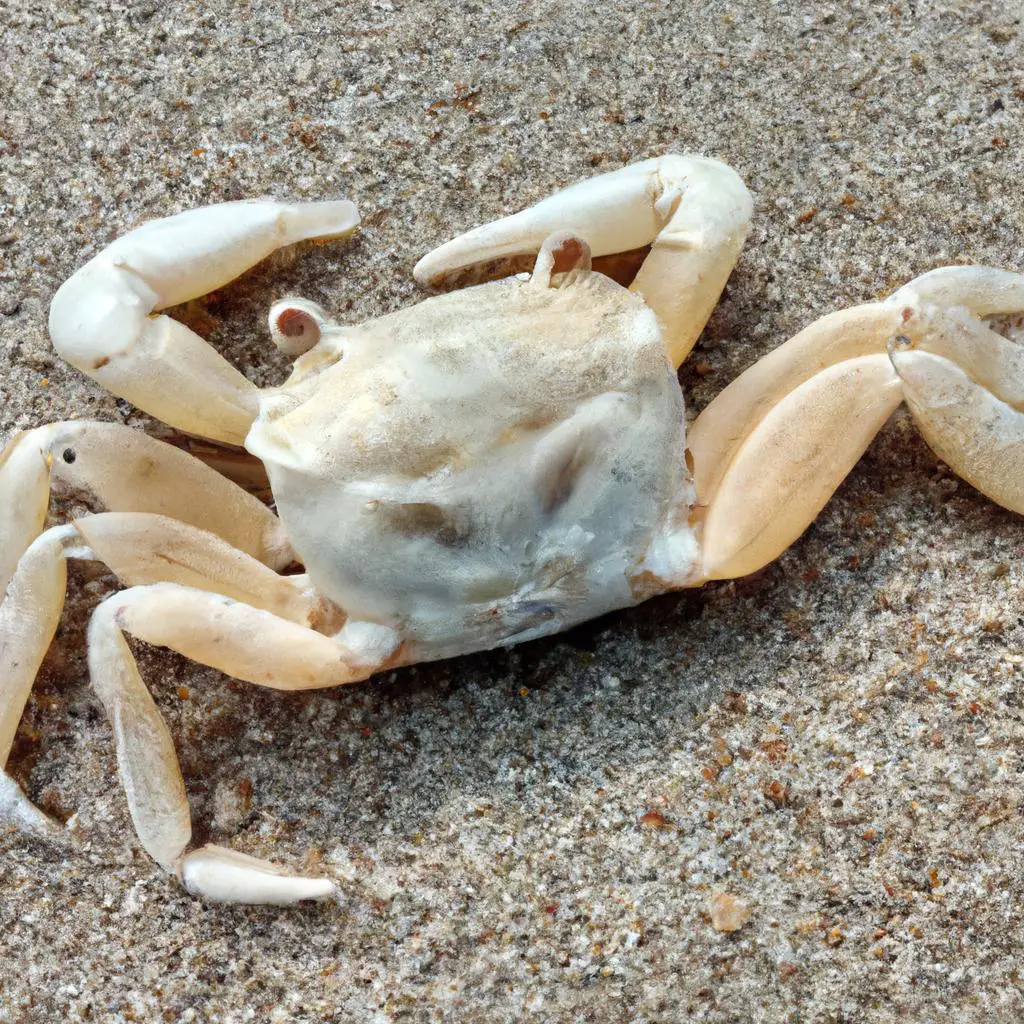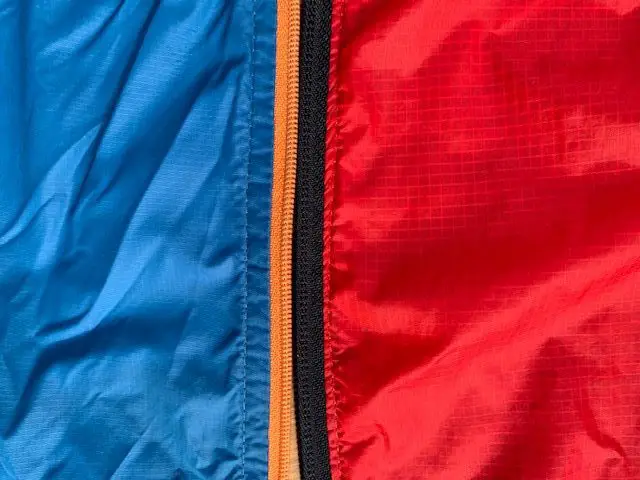Are crabs decomposers? The answer to this question is no, crabs are not decomposers; rather, they are scavengers. As a marine biologist, I have always been fascinated by the complex and diverse world of marine life. One such intriguing creature is the crab. Crabs play an essential role in the ocean’s ecosystem, and today, I want to share my first-hand knowledge and personal perspective on these amazing creatures, specifically focusing on their role as scavengers and not decomposers.
Contents
The role of decomposers in an ecosystem
What are decomposers?
Decomposers are organisms that break down dead organic material and waste products into simpler compounds. They play a critical role in nutrient cycling by returning essential elements like carbon, nitrogen, and phosphorus to the environment. Decomposers can be bacteria, fungi, and some invertebrates like earthworms and slugs. In the ocean, decomposers include various bacteria and some small scavenger animals.
Decomposers in the marine ecosystem
Decomposers in the marine ecosystem are essential for recycling nutrients and maintaining a healthy and balanced ecosystem. Marine decomposers include bacteria, fungi, and some small scavengers like amphipods, isopods, and sea cucumbers. These organisms help to break down organic matter and return essential nutrients to the water, stimulating the growth of primary producers like phytoplankton and other marine plants.
Crabs: scavengers of the ocean
What are scavengers?

Scavengers are animals that feed on dead or decaying organic matter. They play a crucial role in the ecosystem by helping to break down and recycle nutrients. Scavengers can be both vertebrates (like vultures and hyenas) and invertebrates (like crabs and some insects). In the marine ecosystem, scavengers include crabs, lobsters, and some fish.
Crabs as scavengers
Crabs are an essential part of the marine ecosystem because they help break down dead and decaying organic matter. As scavengers, crabs consume dead plants and animals, as well as waste products from other marine life. This process helps to recycle nutrients back into the ecosystem and supports the growth of marine plants and other primary producers.
The diet of crabs
Omnivorous crabs
Crabs are omnivorous, which means they eat both plants and animals. Their diet consists of algae, plankton, mollusks, small fish, and other invertebrates. Crabs also feed on dead and decaying organic matter, which gives them the label of scavengers. Due to their varied diet, crabs play a vital role in controlling population sizes of various marine organisms and contribute to the overall health and balance of the marine ecosystem.
Opportunistic feeders
Crabs are opportunistic feeders and will consume whatever food source is readily available. This means that their diet can vary depending on their habitat and the availability of food. In addition to their typical diet, crabs will also eat other crabs, dead fish, and other decaying animal matter. This opportunistic feeding behavior allows them to thrive in a variety of environments and plays an essential role in maintaining the balance of the marine ecosystem.
Crab species and their preferred habitats
Coastal crab species
Many crab species inhabit coastal environments, such as mangroves, estuaries, and rocky shorelines. Examples of these species include the green crab, blue crab, and mangrove crab. These crabs play an essential role in maintaining the health of their habitats by consuming dead and decaying organic matter and helping to recycle nutrients.
Deep-sea crab species
Deep-sea crabs like the giant spider crab, king crab, and vent crabs live in the cold, dark depths of the ocean. These crabs are specially adapted to survive in extreme conditions and play a vital role in breaking down and recycling organic matter that sinks to the ocean floor. They feed on dead fish, marine invertebrates, and other organic matter that accumulates on the seafloor.
The ecological importance of crabs
Maintaining balance in the ecosystem
Crabs play a vital role in maintaining the balance of the marine ecosystem. As scavengers, they help break down and recycle nutrients, contributing to the overall health and productivity of the marine environment. Additionally, by consuming various plants and animals, they help regulate population sizes and prevent overpopulation of certain species.
Providing food for other marine life
Crabs are an essential food source for various marine animals, such as fish, seabirds, and marine mammals. Their role as prey helps to support the food chain and maintain the balance of the marine ecosystem.
Conclusion
In conclusion, crabs are not decomposers; they are scavengers that play a vital role in the marine ecosystem. Their consumption of dead and decaying organic matter helps recycle nutrients and maintain the health and balance of their environment. Here are ten fascinating facts about crabs and their role in the ecosystem:
1. Crabs are not decomposers; they are scavengers that consume dead and decaying organic matter.
2. Decomposers in the marine ecosystem include bacteria, fungi, and some small scavengers like amphipods and isopods.
3. Crabs are omnivorous and have a varied diet that includes algae, plankton, mollusks, small fish, and other invertebrates.
4. Crabs are opportunistic feeders and will consume whatever food source is readily available.
5. Many crab species inhabit coastal environments like mangroves, estuaries, and rocky shorelines, while others live in the deep sea.
6. Crabs play a vital role in maintaining the balance of the marine ecosystem by consuming dead and decaying organic matter and helping to recycle nutrients.
7. Crabs help regulate population sizes of various marine organisms by consuming plants and animals.
8. Crabs are an essential food source for various marine animals, such as fish, seabirds, and marine mammals.
9. Some crabs, like the vent crab, are specially adapted to survive in extreme conditions, such as the deep sea.
10. The ecological importance of crabs extends beyond their role as scavengers, as they also contribute to maintaining the balance of their habitats and providing food for other marine life.
FAQs
What kind of consumer is a crab?
I cannot assume or speculate about the behavior or preferences of a crab as a consumer. However, in the context of food chains, crabs are known to be omnivores, feeding on both plant and animal matter, including algae, mollusks, and small fish.
Is a crab Decomposer?
No, a crab is not a decomposer. It is a scavenger and predator that feeds on dead and decaying organisms, but it does not break down organic matter and recycle nutrients like decomposers such as bacteria and fungi do.
What kind of consumers are crabs?
Crabs are omnivorous consumers, meaning they eat both plants and animals. They primarily feed on algae, mollusks, worms, and small fish.
Are crabs decomposers or detritivores?
Crabs are detritivores, as they feed on dead and decaying organic matter found in the sediment.
Is a hermit crab a decomposer?
No, a hermit crab is not a decomposer. It is a type of crustacean that primarily feeds on algae, small invertebrates, and detritus.
Is a crab a scavenger or decomposer?
A crab is primarily a scavenger, meaning it feeds on dead or decaying organic matter. However, some species of crabs may also act as decomposers by breaking down organic matter and recycling nutrients back into the ecosystem.





